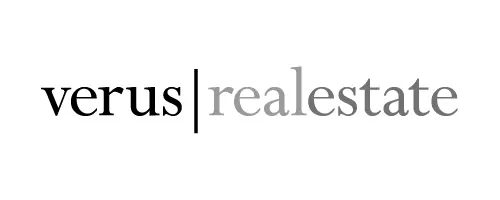NYC Comptroller and Council members push to end the 421-a tax break
New York City Comptroller Brad Lander and two Council members are calling to end the 421-a tax abatement. For more than 50 years, the 421-a tax program allowed real estate developers to pay lower property taxes in exchange for creating affordable housing units in new developments. The current version of tax exemption will expire in June.
Recently, Comptroller Lander released a new report, which estimated that the 421-a tax abatement is costing the city $1.77 billion this year in foregone taxes. Comptroller argues that the tax program delivers “only a small handful of actually affordable units”. Council Members Tiffany Cabán and Pierina Sanchez also support the proposal to let the 421-a tax program expire.
“421-a is not an affordable housing strategy, it’s Free Billions for Developers,” wrote NYC Council Member Tiffany Cabán in the press release. “New York City real estate is one of the most valuable, most profitable asset forms in the world. It’s time we stopped focusing on pleasing the profiteers, and started focusing on meeting the needs of the everyday New Yorkers who make this city such a desirable place to live.”
In January, Gov. Hochul revealed a replacement program for the 421-a tax break as a part of the Fiscal Year (FY) 2023 Executive Budget. The new program lowers the top income band from 130 percent to 80 percent of the area median income (AMI). However, the Comptroller’s office and other government officials argue that affordable units created under the new 485-w tax break will “still be out of reach for the majority of New Yorkers.”
Gov. Hochul is not the only one who calls to revamp the 421-a tax program and not end it. The Citizens Budget Commission, a non-profit civic organization, released a report called “Amend it, Don’t End It”.
CBC proposes several changes to the program, including increasing the number of affordable units available outside of Manhattan and ensuring transparency to analyze the program’s effectiveness. In addition, the Real Estate Board of New York also offers to revamp the current program and supports Hochul’s 421-a replacement proposal.
“485-w would provide an important tool for producing rental housing at deeper levels of affordability permanently across the city, particularly in areas like Gowanus,” REBNY President James Whelan said in an interview to Commercial Observer. “At a time when we face a critical need for new affordable rental apartments, we must seize this opportunity right now — regardless of long-term policy ideas, no matter how well-intended.”
Resources:
“City Comptroller, Council Members Push for NY Legislature to Let 421a Expire,” by Rebecca Baird-Remba (Commercial Observer, 2022)
“NYC Comptroller calls for end of 421-a tax break, estimated to cost city $1.8B in revenue this year,” by Devin Gannon (6sqft, 2022)
“NYC Comptroller Brad Lander, Council Members Tiffany Cabán and Pierina Sanchez Called to Nix 421-a Developer Tax Break,” (New York City Comptroller Brad Lander, 2022)
“A Better Way Than 421-a. The High-Rising Costs of New York City's Unaffordable Tax Exemption Program,” (New York City Comptroller Brad Lander, 2022)
“Amend it, Don’t End It,” (Citizens Budget Commission New York, 2022)
Categories
Recent Posts
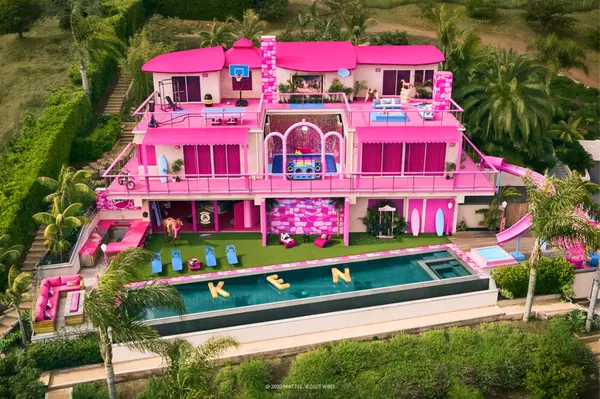




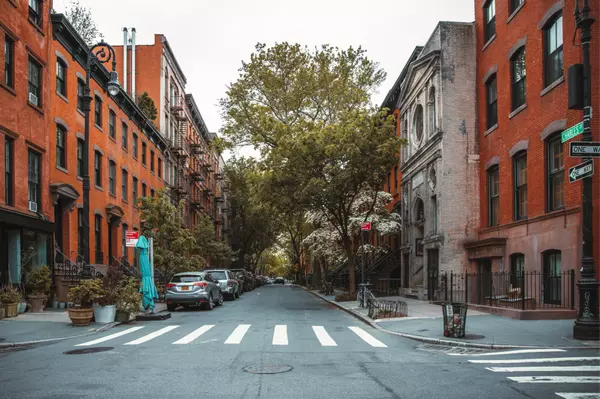

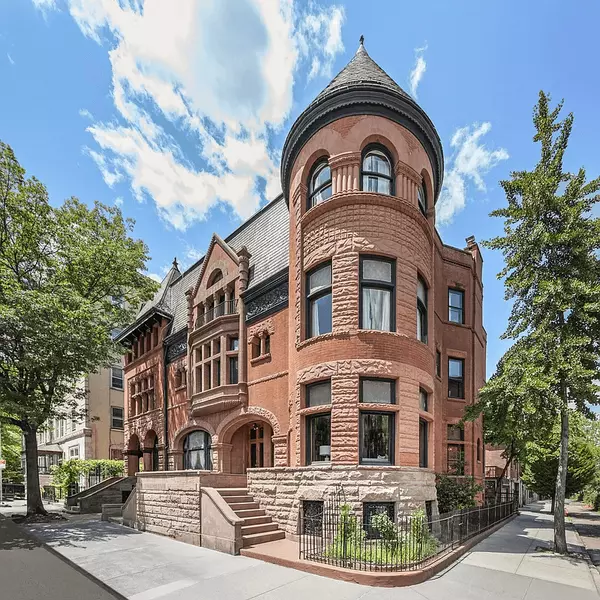

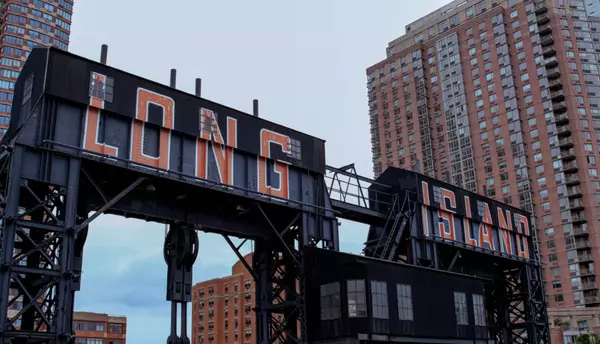
GET MORE INFORMATION

